'Lack of understanding' in autistic mental healthcare
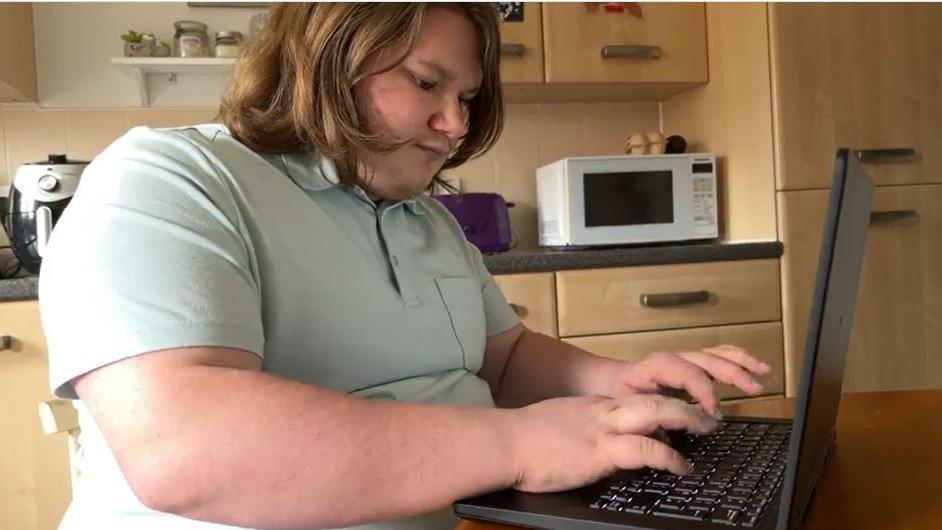
Kye Vallance said there "isn't really any support for the autism side of it"
- Published
An autistic man has explained there is a "lack of understanding" in mental healthcare for people with a diagnosis.
Kye Vallance - from Wiltshire - has anxiety and has been through the local mental health system more than once and said professionals need to ensure they are "understanding, but not condescending".
His comments are reflected in a report which surveyed autistic people, carers and family.
The NHS said autistic adults are more likely to experience mental ill health, external and Avon & Wiltshire Mental Health Partnership said the insights of people with lived experience are key, so they want to hear from them to better meet their needs.
'Lives will be lost'
The Healthwatch Wiltshire and Wiltshire Service Users Network report, external heard from autistic people.
One said they would rather take their own life than deal with the service again, with a crisis team being described as "terrible, condescending, no empathy".
Mr Vallance said: "You don't want to be treated like a child. You don't want someone to speak to you like you're stupid, but not to assume that everyone is fully capable of everything."
Carers and parents of autistic people were also asked for their thoughts, with the anonymous comments showing desperation.
"Didn't get support until she overdosed," said one.
Another added: "Please change things and as quickly as possible because lives will be lost because the support is just not there."
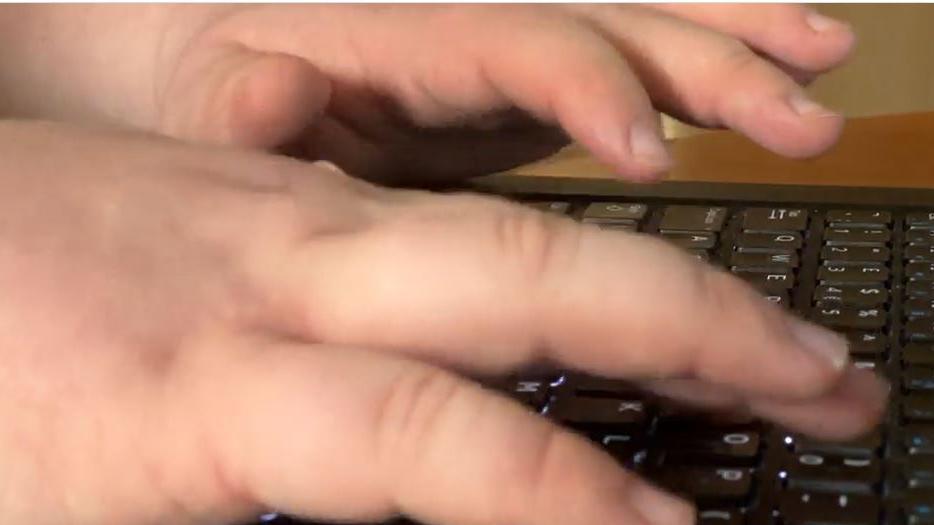
Many autistic people have said they would prefer to communicate with services via email, as phone calls can be difficult
Mr Vallance has struggled to get effective help via the NHS.
Cognitive Behavioural Therapy (CBT) is the most common form of talking therapy offered in Wiltshire.
It is not something Mr Vallance has found very helpful for anxiety that is always there: "I find my brain is wired differently. A lot of things they suggest don't really apply to me.
"They often ask you to do thought diaries about how you're feeling - that's a good thing, but it doesn't help so much if you don't have a specific problem," he added.
For Mr Vallance, there is an underlying constant anxiety.
Experiences from the report find the therapy unhelpful too: "Even in CBT therapy they made me feel worse."
'Extreme anxiety'
Health services often rely on the phone for tasks like booking appointments, but phone calls can be an issue for autistic people.
One responder to the survey explained: "I can’t make telephone calls without extreme levels of anxiety, possibly panic attacks and days, possibly weeks, of trying to build up the courage to do so."
Mr Vallance gave some insight into why face to face is easier for him: "I find that easier - I have a set time, know what I'm doing in a routine."
He would like services to ask people what would help them if their record shows they are autistic, however that it is also "important to not alienate people" and "mnot to make them feel like they're completely separate."

Sir Robert Buckland - one of Wiltshire's MPs - is also part of the All Party Parliamentary Group on Autism and said finding staff with the expertise is an issue
The report's conclusion said that the difficulty in accessing support has a "serious impact" and includes that the usual talking therapies offered (CBT) are unsuitable.
MP Sir Robert Buckland is chair of the All Party Parliamentary Group on Autism and said it cannot all be fixed with money.
"It's about getting the right expertise in recruiting suitably qualified psychiatrists and other clinical staff," he said.
Staff are now required to do the national Oliver McGowan training.
The Avon & Wiltshire Mental Health Partnership - which provides the majority of mental health services for adults in the area - said it wants to hear from people with lived experience to help them meet needs in future.
Bath and North East Somerset, Swindon and Wiltshire Integrated Care Board commissions services and said they acknowledge there is room for improvement and they are committed to addressing issues mentioned in the report.
They also said "it is never easy to hear" that people's experiences have "fallen short" and they are enhancing training and working with individuals, families and experts to improve care.
Follow BBC Wiltshire on Facebook, external, X, external and Instagram, external. Send your story ideas to us on email or via WhatsApp on 0800 313 4630.
Related topics
See also
- Published3 November 2022
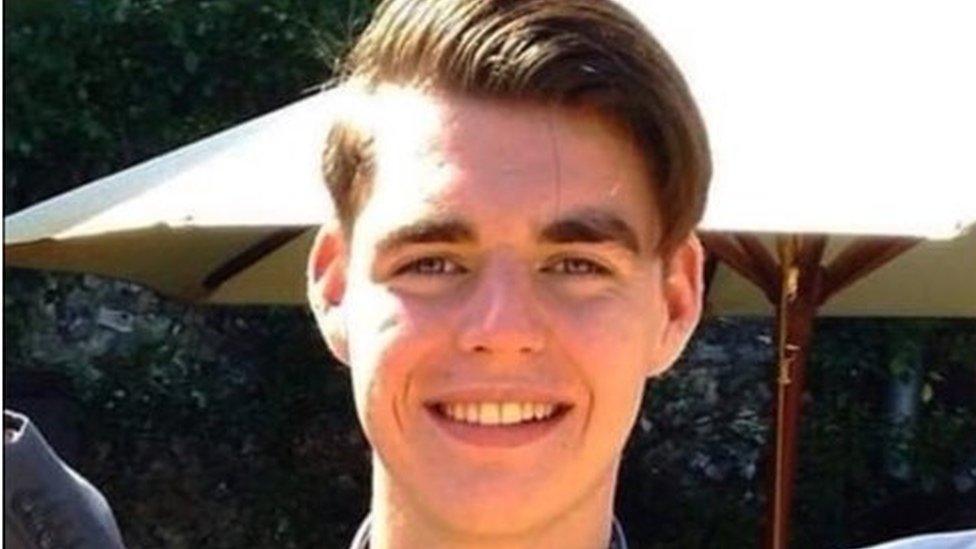
- Published7 March 2024
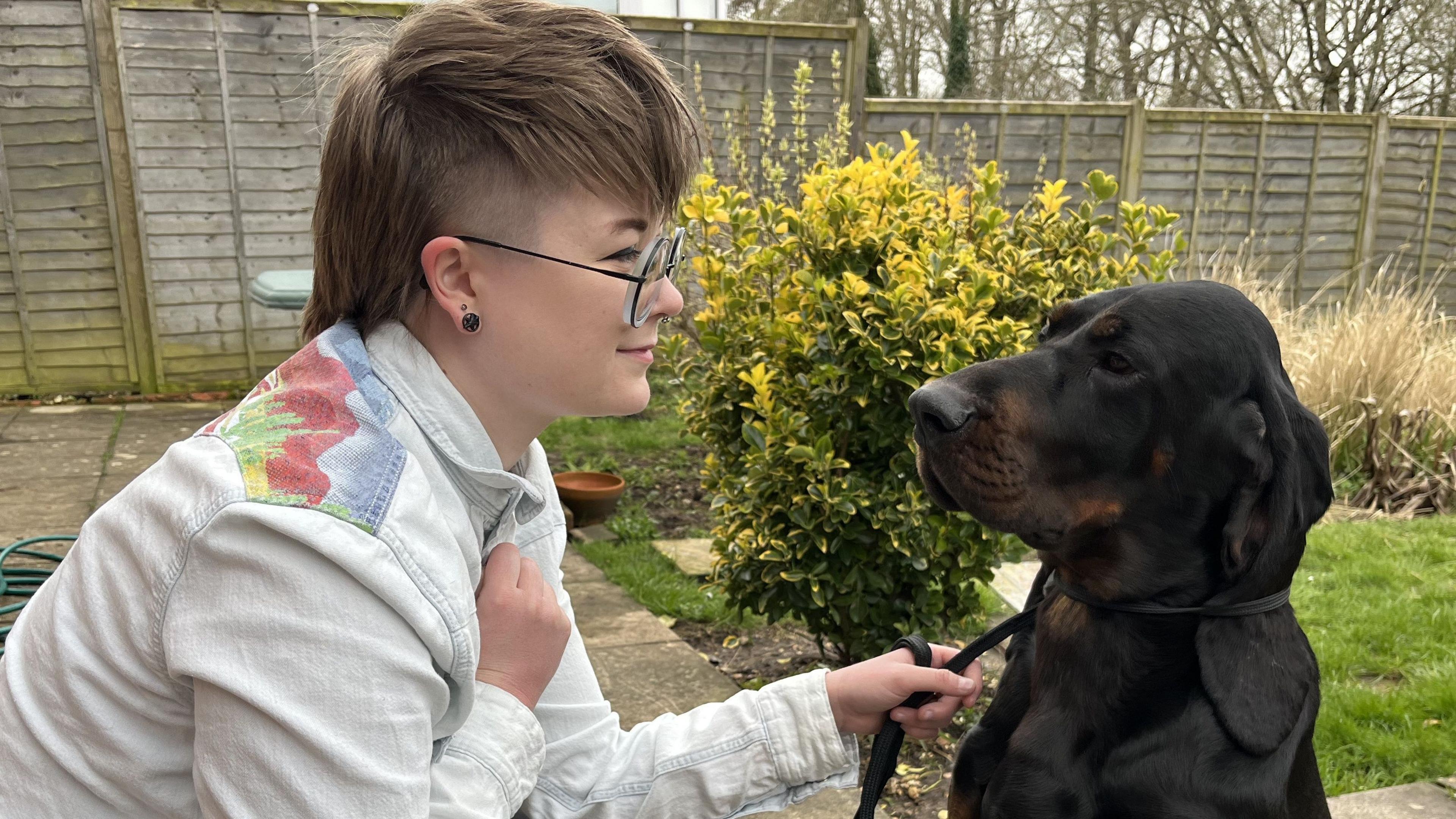
- Published6 June 2023
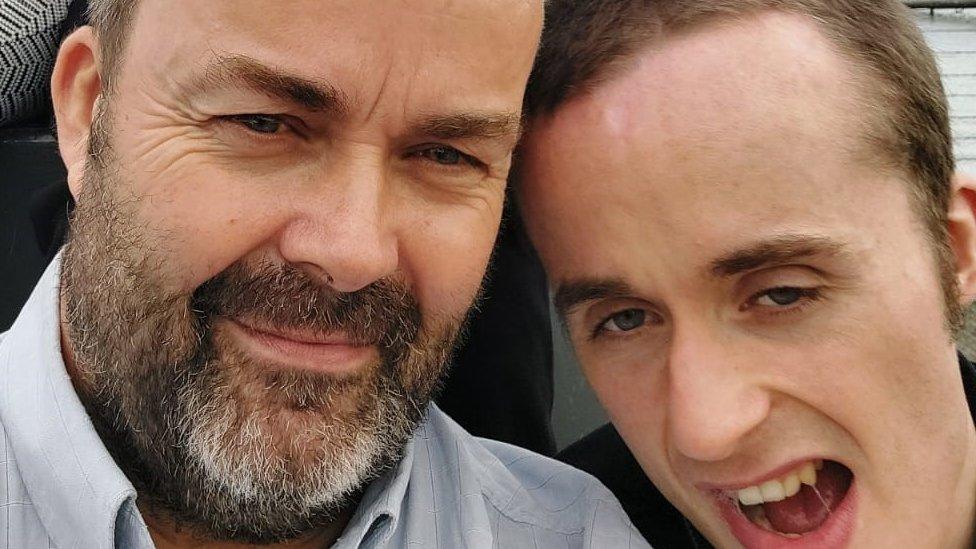
- Published2 March 2024
